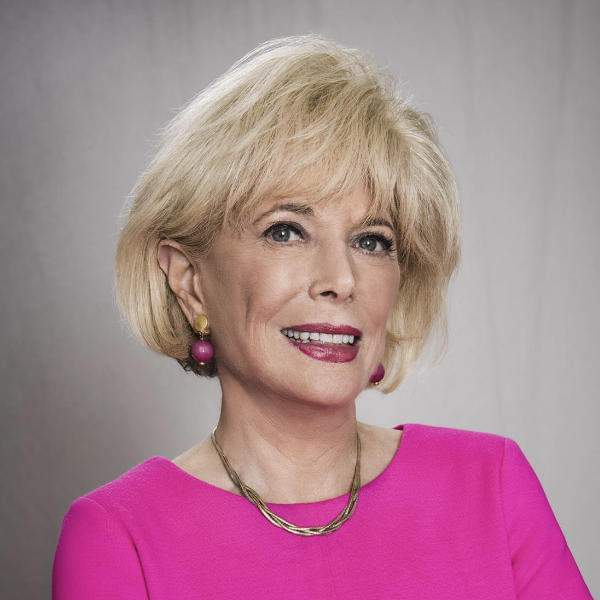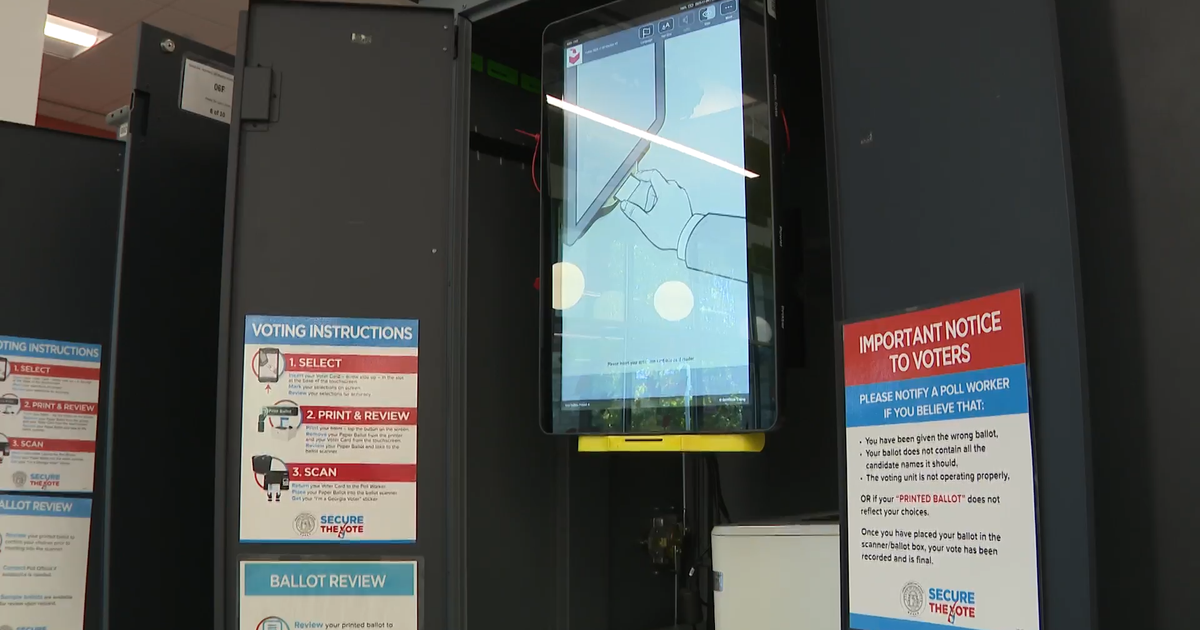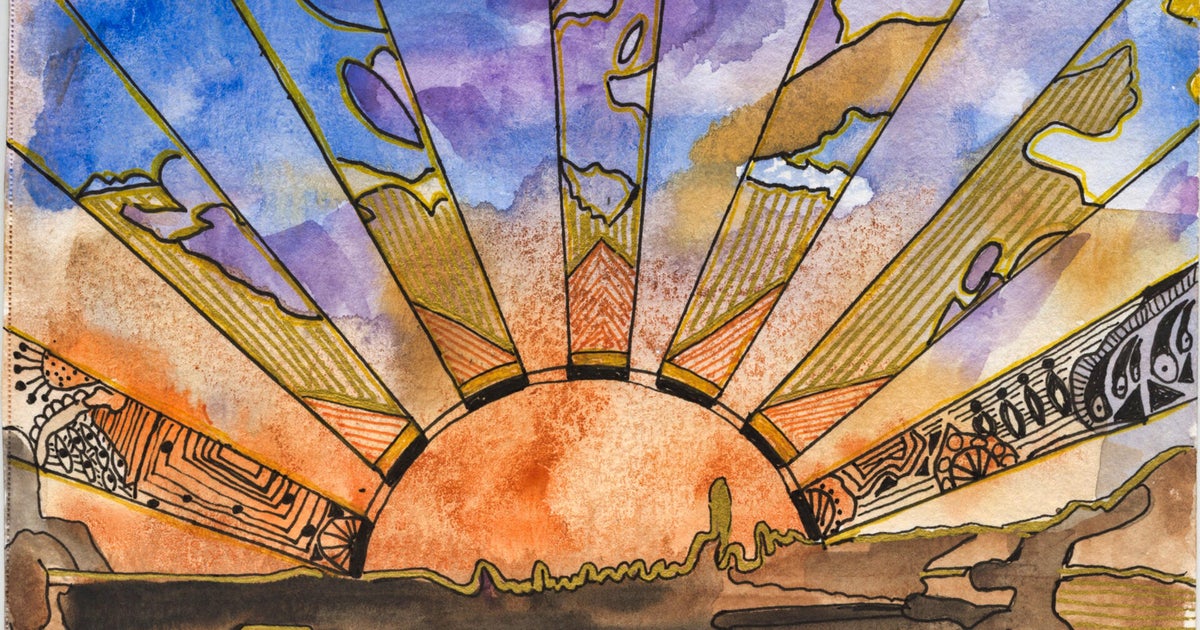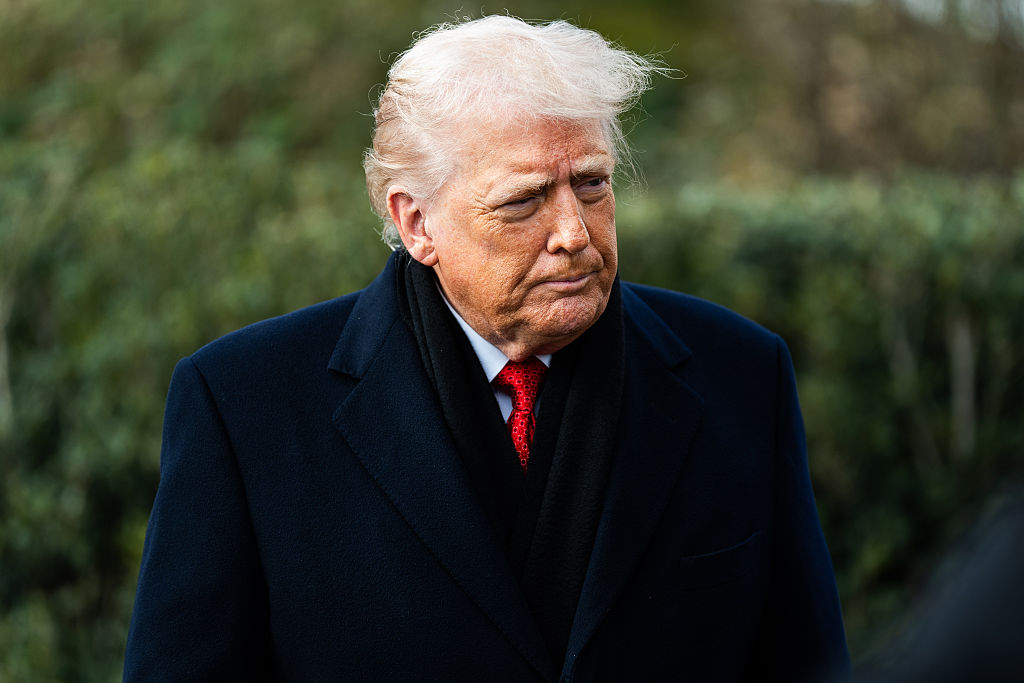Ford and Carter: An odd couple?
In their first debate, the sound system failed and they stood frozen at their lecterns for 27 minutes, not saying a single word to each other.
At the time, in 1976, Gerald Ford wanted to stay in the White House he had inherited when Richard Nixon resigned. Jimmy Carter was a former peanut farmer and the virtually unknown former governor of Georgia, 60 Minutes' Lesley Stahl reports for CBS News Sunday Morning.
And so, of course, rhetoric was hurled often and vigorously. Said Carter of Ford: "Mr. Ford, as far as I know, except for avoiding another Watergate, has not accomplished one single major program for this country."
And Ford accused Carter of waffling and being willing to say whatever he needed to say to suit the audience.
Today, Carter says he doesn't even remember that.
"None of it was personal," he insists. "That was just the heat of the campaign. That was before the terrible era of this incisive negative campaigning."
Adds Ford: "I would like to add one feature. Today, one-liners are so critical, apparently, in the political era. I thought our debates...were very, very thoughtful.
"We didn't aim at one liners," Ford says. "We probably criticized each other strongly or the ideas of one another. But under no circumstances did I ever think badly of Jimmy Carter as a person."
That's not withstanding a report in Newsweek magazine that Ford despised Carter. "Oh, that," Ford says dismissively. "You can't believe the press."
The election was eyelash close. But, immediately afterward, the defeated Ford invited Carter to the White House.
"The day after the election, when we lost, I told my staff this will have to be the smoothest, most cooperative transition from one administration to another," recalls Ford.
It also helped that Carter was extremely gracious to Ford during his inaugural address, publicly thanking him for his role in healing the wounds of Watergate.
Carter is quick to say of his friend, "But he brought to the White House, in the post-Watergate period, the essence of honesty, integrity and openness, and I recognized that, as did all the other people, I hope, who heard my voice on that day."
That started their own healing. But their real bonds began to form when they attended the funeral of their mutual friend, Egyptian President Anwar Sadat, who was assassinated in 1981.
"They flew over together," says Carter historian Douglas Brinkley. "And Nixon had to break the ice. There was frostiness between Ford and Carter. And it was Richard Nixon who was the jovial one, trying to take these two men, who had campaigned hard against each other in '76, and bring them together."
As Stahl observed to the two friends, "It's almost as if someone locked you on the plane and said, 'You'll come out friends.'"
Their bond became stronger when they found themselves wita political foe in common: Ronald Reagan, who, during the 1976 election, challenged Ford from within the Republican Party.
Says Brinkley: "What Ronald Reagan did to Gerald Ford in '76: he questioned whether this man was capable of being president, whether he had what it took. So Jimmy Carter had a very wounded Gerald Ford, in some ways, to run against."
Four years later, Reagan ran another brutal campaign against Carter and crushed him.
In that case, the transition between administrations was chilly. But all Carter will say about it is, "When the Reagans came, it wasn't all that pleasant....It wasn't a pleasant transition."
In Brinkley's opinion, if Ford and Carter had been two regular guys who happened to live in same community, they would have been friends, because they have similar values.
"They never are classic wheeler-dealer types of politicians," he explains. "They're not comfortable with a Bill Clinton, who's (of) a different generation, and a product, I think, of a more highly media age."
"Neither of them were very good on television,...and neither of them are particularly what you'd call glib characters," Brinkley adds. "There's a down-homeness to both of them. I think most Americans would feel comfortable having the Fords or the Carters visit them in their home."
As ex-presidents and friends, Jimmy Carter and Gerald Ford have monitored foreign elections together and promoted human rights and international health causes. Ford became an integral part of the Carter Center, the Democrat's home base for solving the world's problems.
"What Carter and Ford remind us of, in this time of sex scandals and everyday scandals in the White House (is) that decent people enter politics....And basically do what they think is right for the country," says Brinkley.
Says Ford: "The surveys are looking better and better. I guess the older and the longer you are out of office, the nicer people think you were."




